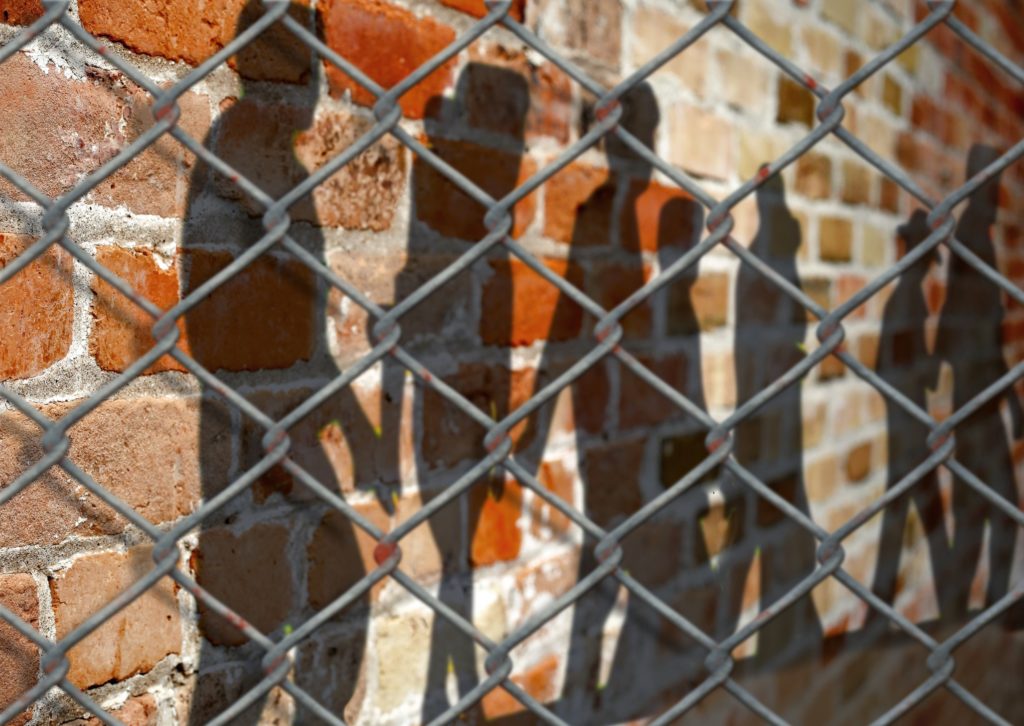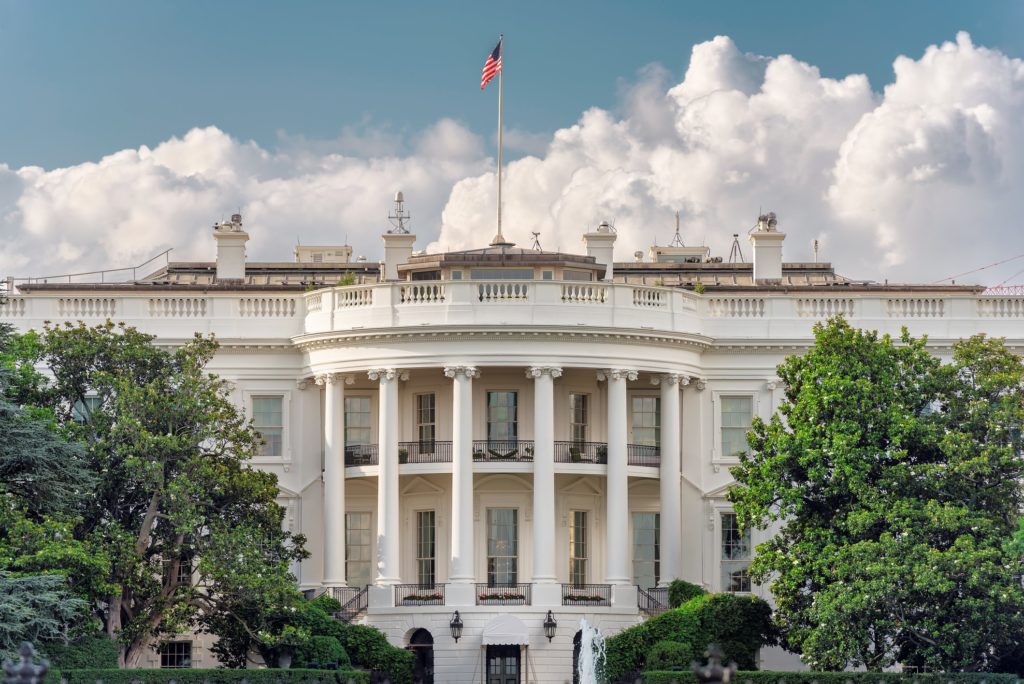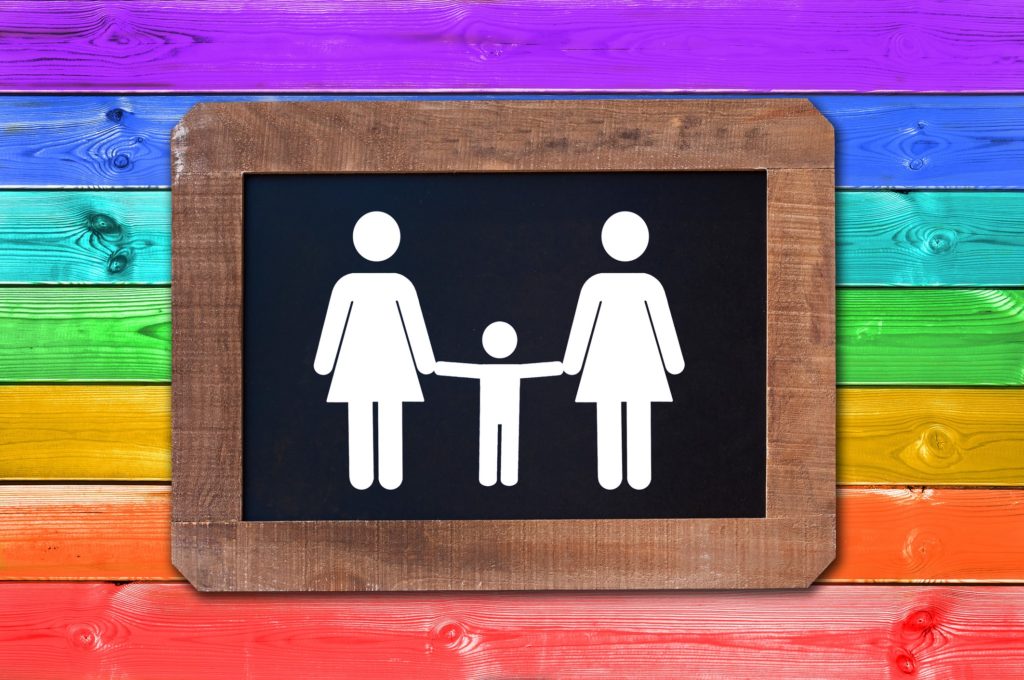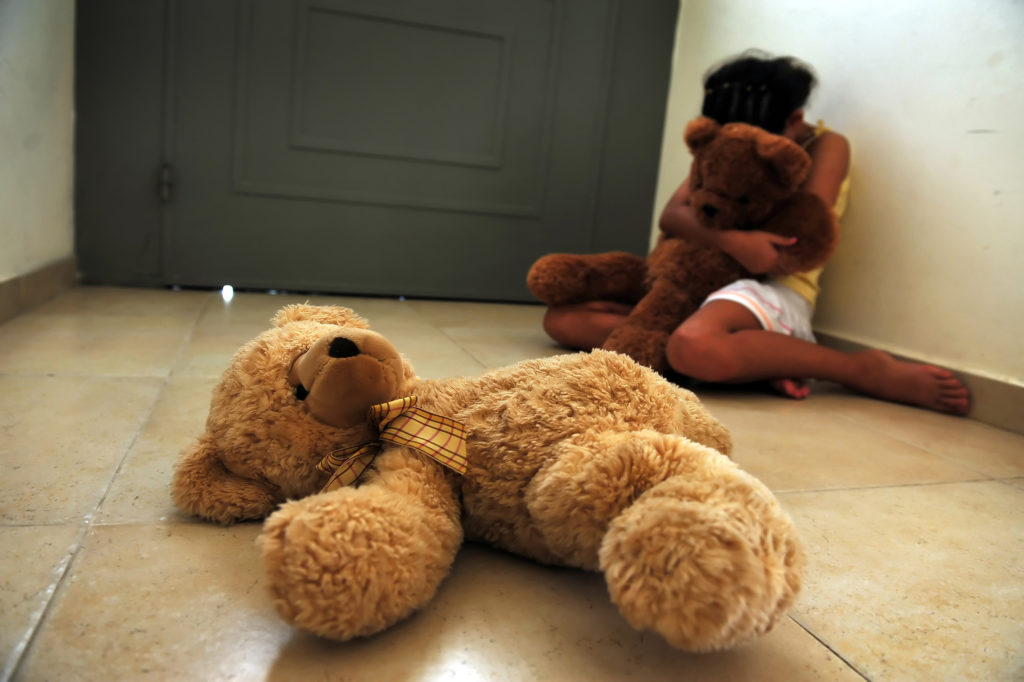America’s history of welcoming all to our shores was challenged by the current administration’s zero tolerance policy for illegal immigration, which began on May 7, 2018, and due to national outcry, ended on June 20th.

During that short time, more than 2,300 children were separated from their parents, who, searching for asylum and a better future for their sons and daughters, entered the country illegally. The Washington Post reports that, to date, 500 children, including 22 children under the age of 5, remain in U.S. government-owned shelters; out of those 500 children, 497 have parents who have been deported.
Government officials and outside advocates are now faced with the daunting task of reunifying these families. This entails locating and contacting parents to ask them if they want their children returned to them in their home country, or if they want their children to remain in the United States to pursue their own immigration cases.
Children are also being asked if they wish to be deported or remain; not surprisingly, in most cases, they are saying they want to return to their homeland. The American Civil Liberties Union believes the children are opting to go home not because they feel safe there but because it is where their parents are. But even when children ask to leave the United States, they are often forbidden to do so by the same government that punished them for coming, due to a temporary court order. For this reason, some lawyers are suggesting to deported parents that they return to the United States to seek asylum for their entire family rather than remain separated indefinitely.
But what will happen to those children who cannot be reunified and cannot be placed with relatives in the United States? They will either remain in their current shelter, at a cost of up to $750 per day or enter into an already overburdened foster care system. This is, of course, in addition to another, less tangible but no less important cost – the emotional damage to these children and families.
To read the Washington Post story, visit their website.





